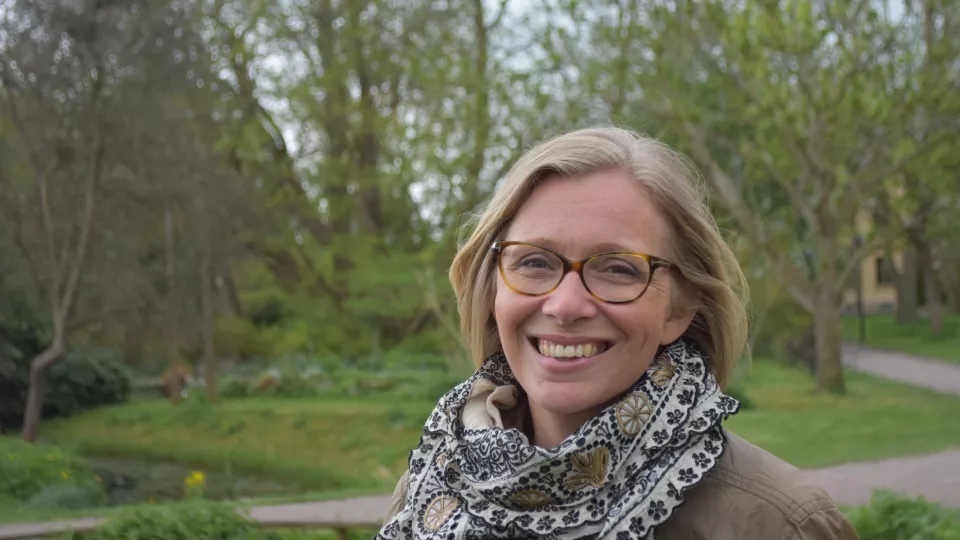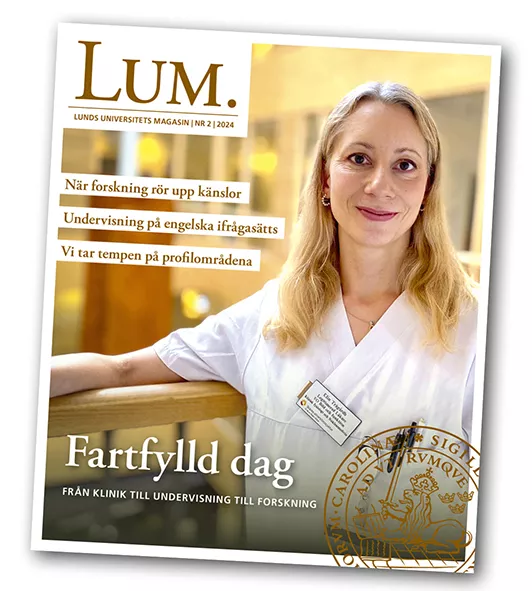The week is based on the structure developed in the 350–year jubilee science weeks.
“It feels right and exciting to build on the concept that was very successful. Now, we will do it again, but focusing on future issues”, says Marie Cronqvist, assistant director of LU Futura.
The University of Gothenburg is a model – its science week, which has attracted a lot of attention for many years, is a major event.
“We are starting by establishing our first Future Week on quite a small scale but with high-quality and topical items. Next year, when we have got feedback from the University and the public, we hope to scale up the week.”
LU Futura’s task is to be a driving force and, together with others in the editorial team,brainstorm to produce a cohesive structure to cover burning future issues. Two of the themes that the think tank is already working on – future working life and climate – will be included.
“We also work on learning and here we hope to stimulate discussion on the future’s forms of teaching together with our students and researchers”, says Marie Cronqvist, adding, however, that the week is broader than that.
“Future Week is to give the public a broad perspective on the future and the entire University is invited to take part.”
You are a historian – how does that fit in with working on future issues?
“History is just as important as the future. A narrow look into the future is not enough, we must carry our previous experiences with us. The past can offer lessons and act both as a support and sometimes as something to actively resist. And adaptations are not just something that are in front of us, but something that characterises human history.”
Historians sometimes examine counterfactual historiography, such as “what would the world be like if Hitler had won the Second World War?”. Is it possible to use a somewhat similar methodology when you look into the future?
“Yes, if you outline a prognosis or a scenario for the future there are always alternatives to include in the calculations. In this way you can think about different futures in a more conscious way. And then it becomes very clear that the future is something that we create here and now through the decisions we make today.”



